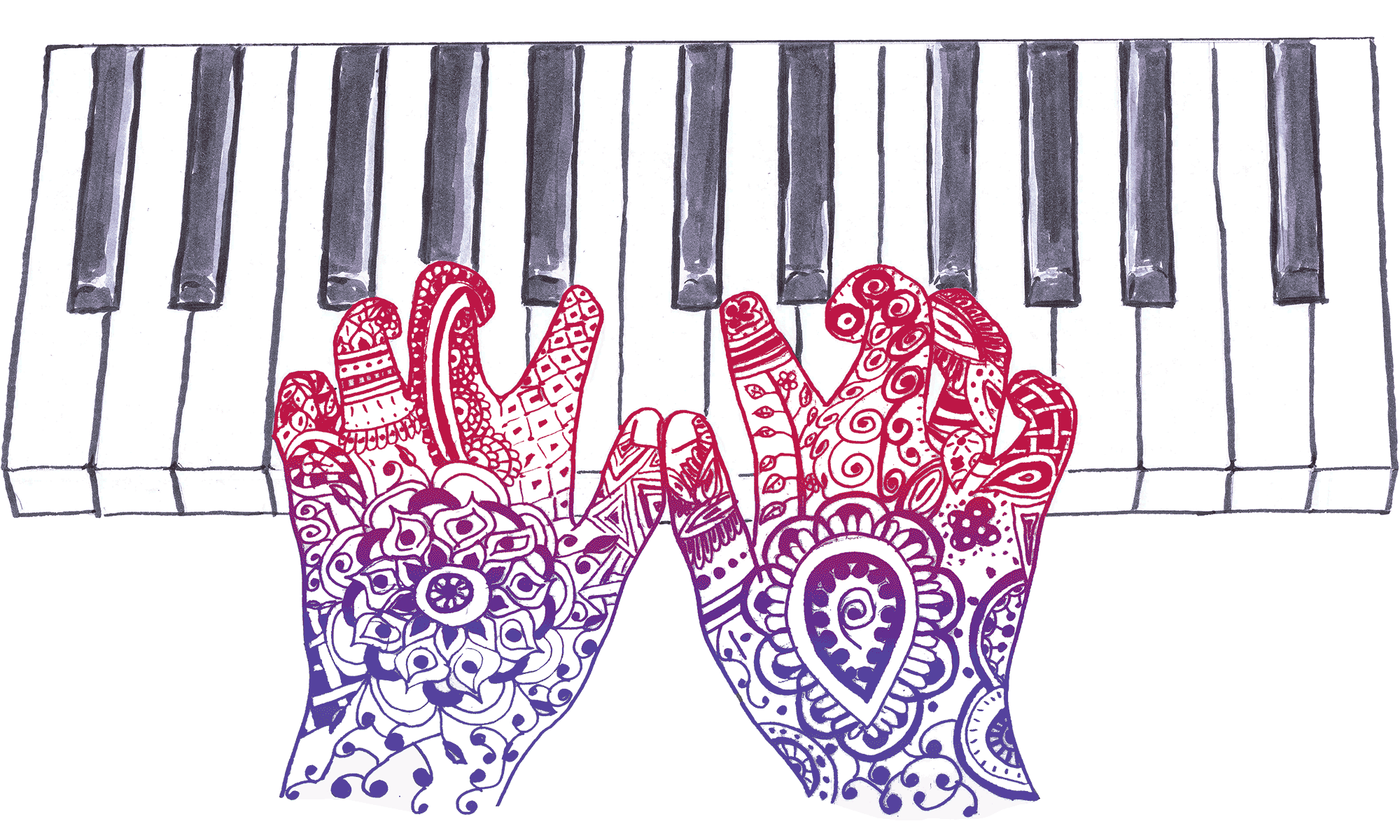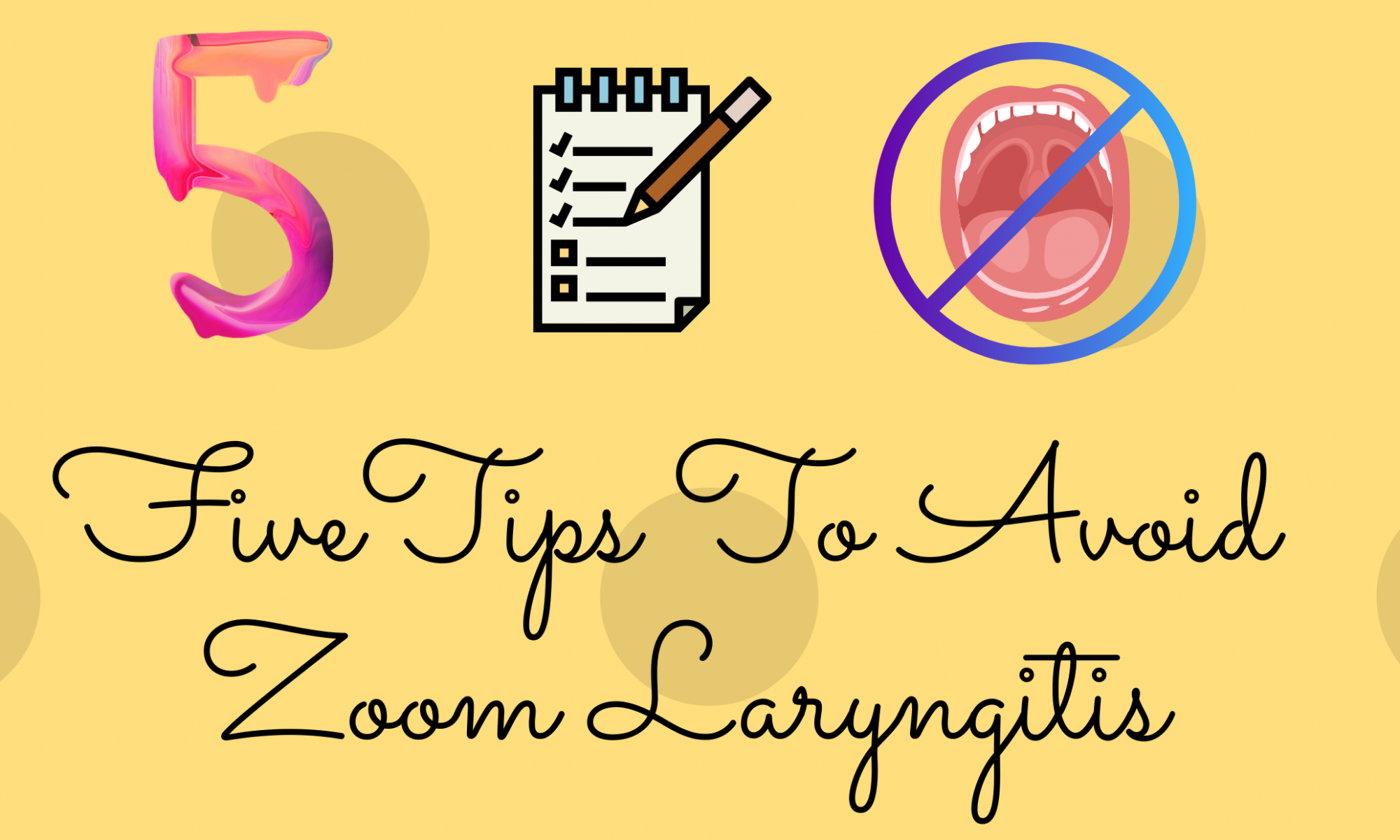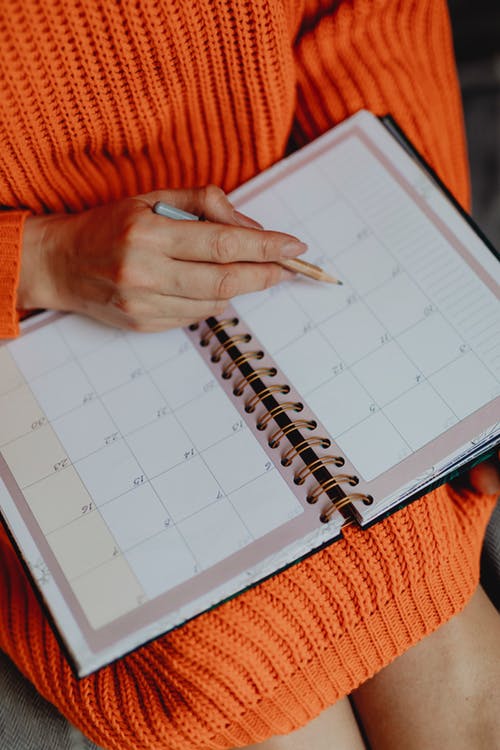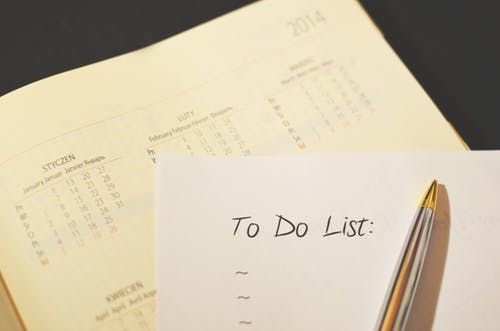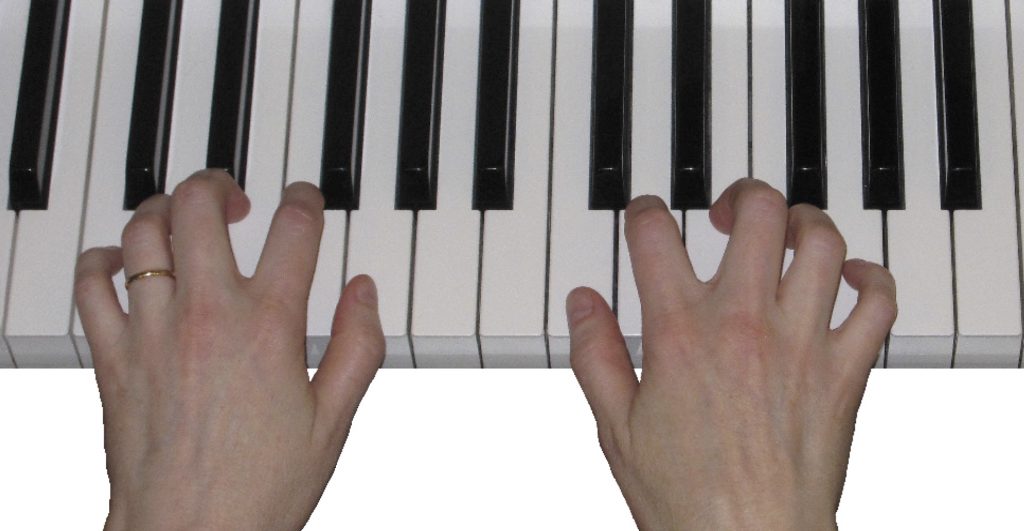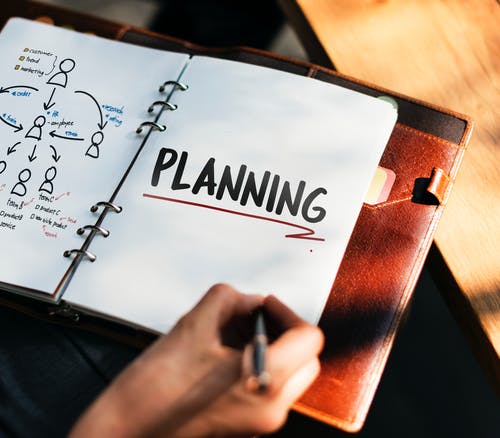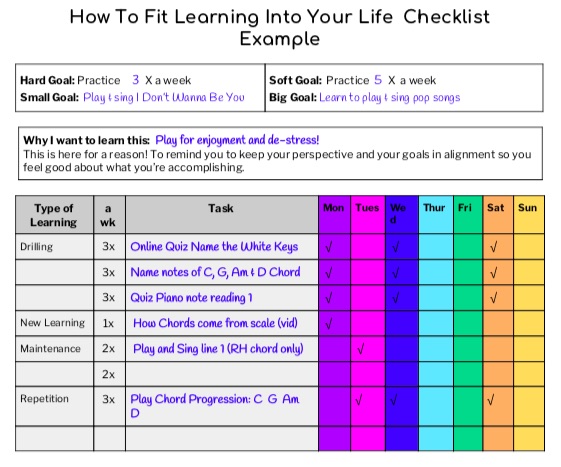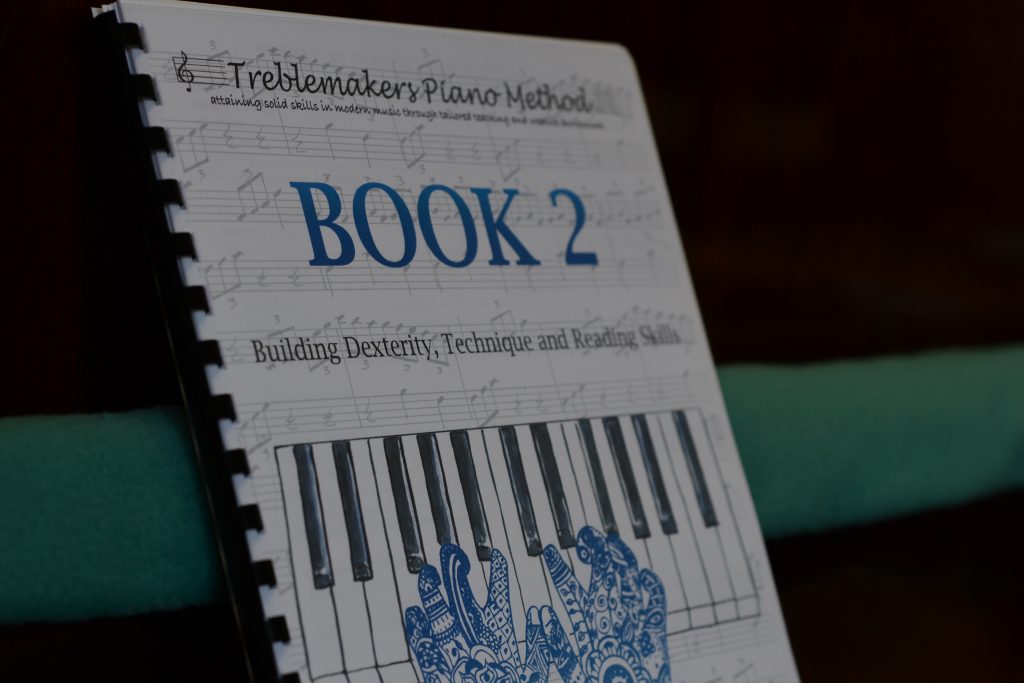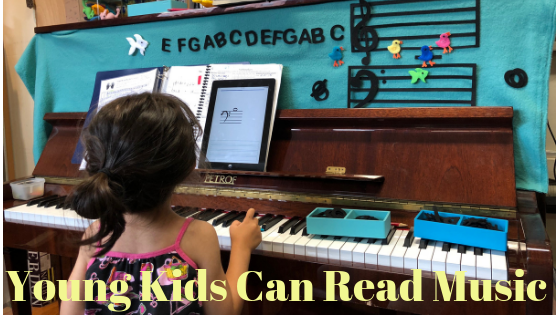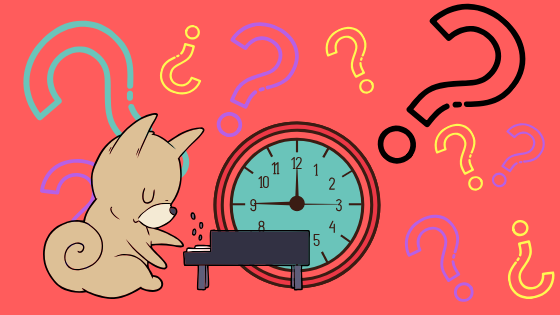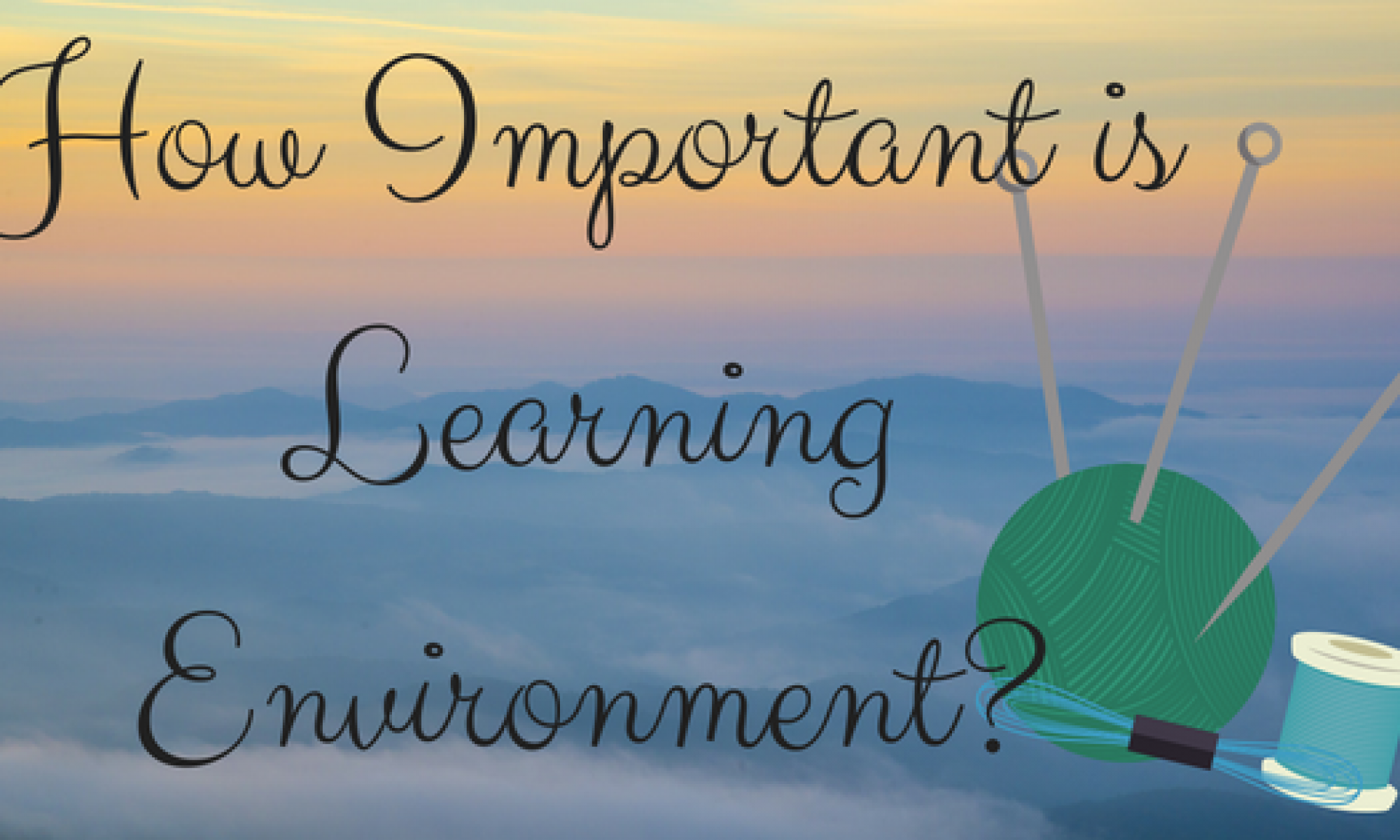Anyone experiencing laryngitis from too much time on virtual meetings? It’s one of the new challenges that has popped up as we’ve had to change the way we do things because of the pandemic. Even singers and voice teachers experience it. Within the span of two weeks, two of my teachers had laryngitis from teaching remote lessons. Why are they getting laryngitis now when they weren’t in in-person meetings? I have some ideas. I’m going to give specific advice and examples from remote music lessons, but most of what I have to say is relevant to anyone experiencing laryngitis in virtual meetings.

I was able to avoid laryngitis during this switch to remote lessons mostly because I already had to deal with it in the past. It happened while teaching groups of kids in summer day camp. I was trying to teach and keep the attention of a bunch of excited kids in front of instruments for hours every day. Even though I was rotating through groups of kids to keep them from being fatigued, I wasn’t getting any breaks. I had to learn how to keep myself and my voice from getting worn out.
Being a singer and teacher with vocal training didn’t stop me from getting laryngitis but it did enable me to problem solve it. The first thing you have to do is examine what it is that you are doing differently than before. You need to be aware of everything that is contributing to the problem in order to make changes that are effective. These are the things I was doing that I think are also happening during zoom meetings.
Talking Louder

Sound is not always optimal through Zoom or other virtual meetings. Many people are talking louder without realizing it in order to compensate. Talking louder all by itself isn’t a huge problem until you couple it with the other things in this list.
Some teachers are choosing to use microphones and headphones. While this can help, it often isn’t enough all by itself to keep your voice from getting worn out. It’s also a good idea to try to choose an environment without a lot of background noise for yourself and the student. That may be making it difficult for you to hear or others to hear you. It can also make it super distracting for students, making it harder for you to get and keep their attention. This in turn often makes people talk louder in order to regain attention. Try to use other strategies to get and keep attention other than just loudness.
Speaking at a pitch that isn’t the most natural range to your voice.

This is easy to do without being aware of it. It may be a habit that happens all of the time or just depending on certain situations. For instance, I noticed years ago that I would talk at a lower pitch than I was really comfortable at when I wanted to be taken seriously. On a subconscious level, I was worried I wouldn’t be taken seriously if I talked in a higher voice. Although it wasn’t purposeful, I eventually noticed it because it didn’t feel good and my voice would become hoarse. When I’m really excited and lost in a subject, I talk at a slightly higher pitch. It’s actually the most comfortable range for me. Once I became aware of this, I started making the effort to talk in a more natural range for me. This makes a huge difference. Your vocal chords get thicker and shorter to make lower pitches and stretch to be longer and thinner for higher pitches. It’s my theory that talking in your most comfortable range allows them to just be in their natural resting state which is less fatiguing. John Henney gives an easy to understand explanation of how the vocal cords work and make pitch in his article, “How The Vocal Cords Work for Singing”
Talking non stop
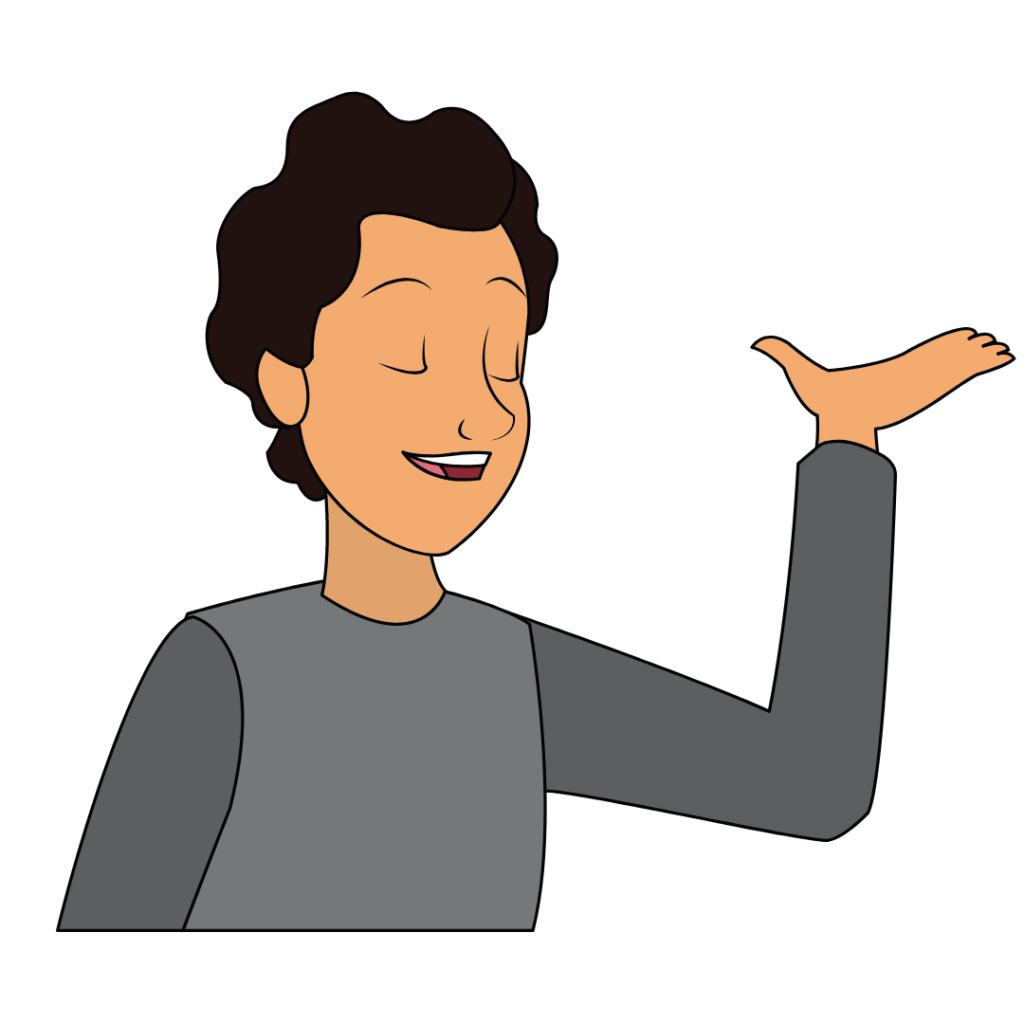
This is easy to do without being aware of it. It may be a habit that happens all of the time or just depending on certain situations. For instance, I noticed years ago that I would talk at a lower pitch than I was really comfortable at when I wanted to be taken seriously. On a subconscious level, I was worried I wouldn’t be taken seriously if I talked in a higher voice. Although it wasn’t purposeful, I eventually noticed it because it didn’t feel good and my voice would become hoarse. When I’m really excited and lost in a subject, I talk at a slightly higher pitch. It’s actually the most comfortable range for me. Once I became aware of this, I started making the effort to talk in a more natural range for me. This makes a huge difference. Your vocal chords get thicker and shorter to make lower pitches and stretch to be longer and thinner for higher pitches. It’s my theory that talking in your most comfortable range allows them to just be in their natural resting state which is less fatiguing. John Henney gives an easy to understand explanation of how the vocal cords work and make pitch in his article, “How The Vocal Cords Work for Singing”
Talking with tension

Staying relaxed when you talk, is much easier on your voice and allows you to talk for much longer without getting fatigued. Try to be aware of where you might be holding tension in your body especially as it relates to the muscles around your face, neck and shoulders. A good way to find out if you are holding tension in your body, is to tense and then relax specific areas. Relaxation is a crucial skill that singers work on in voice study. There are notes in the vocal range that sound strained and feel painful when tense, but are effortless and clear when relaxed.
Having your mouth open for a long time without rehydrating

Your mouth and throat are meant to be wet. Talking a lot involves having your mouth open a lot which can make it dry. When it gets dry, it can cause soreness and scratchiness. I once took a long bike ride where I made the mistake of breathing through my mouth the entire time. By the end, all that air going through my throat made it dry and sore. Make sure you have some water periodically.
5 things that can help you avoid laryngitis during virtual meetings
1. Don’t allow your talking volume to be too loud especially for prolonged periods of time.
2. Speak at a pitch that is most natural to your vocal range.
3. Don’t talk nonstop. Even small breaks can help.
4. Stay relaxed as you talk.
5. Stay hydrated.
